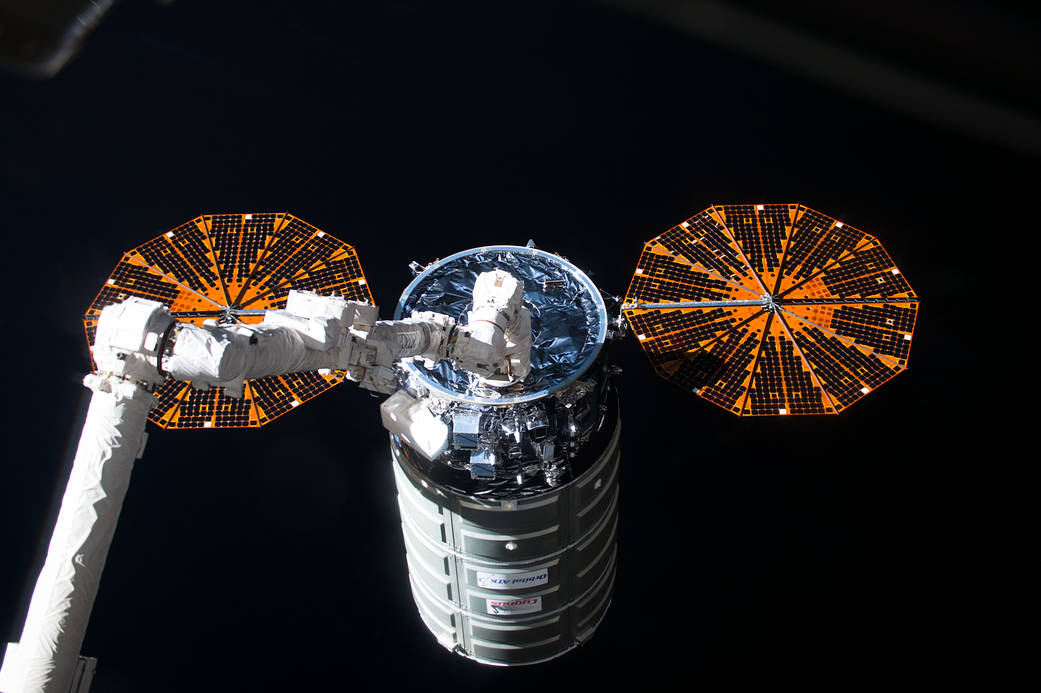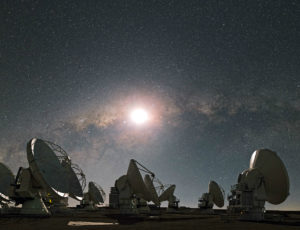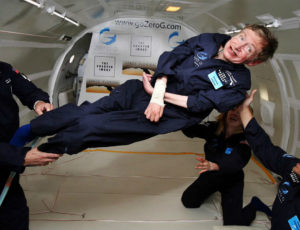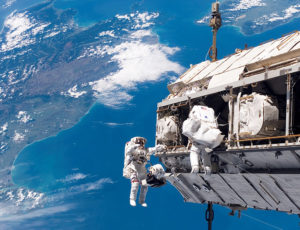
S.S. Gene Cernan to deliver supplies to International Space Station
Orbital ATK is set to launch the SS Gene Cernan, a Cygnus class spacecraft. The ship’s destination is the International Space Station (ISS).
Gene Cernan is a Cygnus spacecraft named after former astronaut Eugene “Gene” Cernan, the last man to walk on the moon. The spacecraft will launch from Wallops Flight Facility in Virginia, USA. Gene Cernan will be lifted into orbit with an Antares rocket.
The ship will be carrying a variety of scientific experiments to be conducted within the ISS. It will also be carrying supplies that the astronauts require for their day to day work. A payload of over 3,500 kg will be carried by the Gene Cernan to the space station.
Payload of the Gene Cernan
Gene Cernan will be carrying a diverse payload in terms of supplies and research materials. Below are a few of the research projects contained in the spacecraft.
Bacterial Antibiotic Resistance tests in microgravity
Research has shown that microgravity conditions can weaken the human immune system. This places astronauts at an increased risk of sickness. Antibiotics are the main defense of astronauts against sickness. Bacterial resistance to antibiotics is potentially dangerous for astronauts.
Because of this, an E. coli anti-microbial satellite will be used to study the effects of microgravity on the antibiotic resistance of bacteria.
Laser communication experiments with CubeSat
Conventional laser communication systems make use of equipment normally too large for smaller spacecraft. A more compact form of this technology will make use of CubeSats, small satellites each weighing no more than 1.3 kg. The Optical Communication Sensor Demonstration makes use of these CubeSats. The goal is to improve communication speed between Earth and space.
Mealworms as an alternative protein source
In developing countries, mealworms are consumed as an alternative food and protein source. These small insects are highly nutritious. This study will measure effects of microgravity on the mealworm’s life cycle. In addition to researching this as a potential food source for future astronauts, the research will reveal new information about the animal and its growth in microgravity.
Gene Cernan is set to be launched on November 11, 2017.










